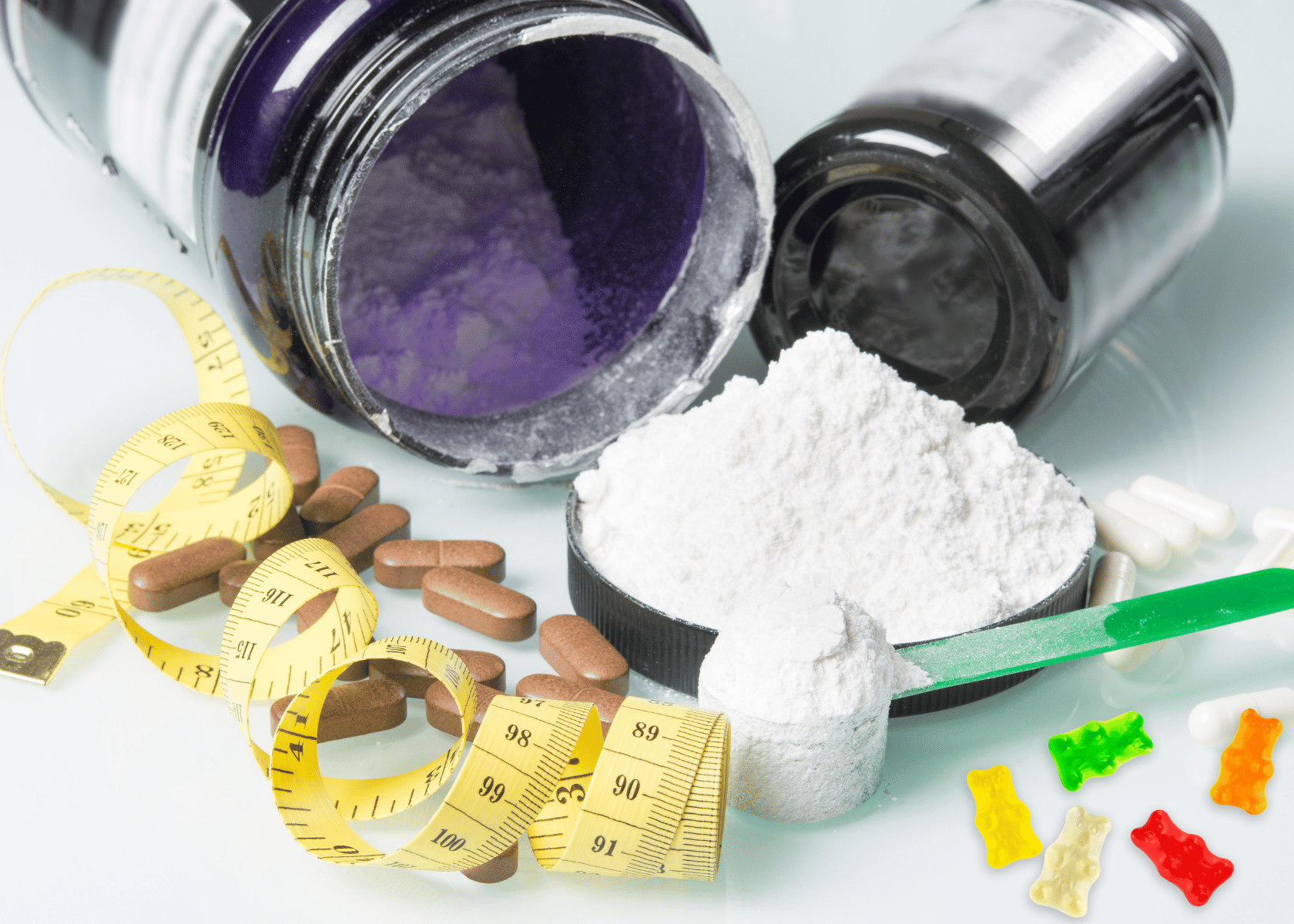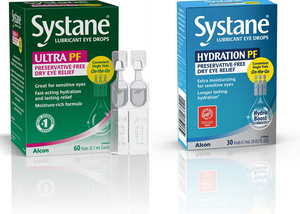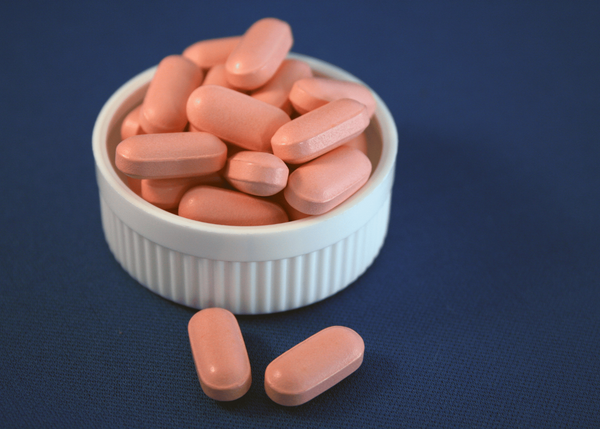Creatine has become increasingly popular as a supplement to enhance physical performance for athletes, bodybuilders, and everyday fitness enthusiasts alike.
Many people ask the question - does creatine cause muscle cramps too? While some studies have linked creatine supplementation to an increased risk of muscle cramping, a more in-depth research is needed to definitively answer this common question.
In order to help you make an informed decision about whether or not taking creatine might be beneficial for your workout routine or health regime, we'll take a closer look at what current science says about the potential risks (if any) of cramping from creatine consumption.
We'll also give our best advice on how you can stay safe and healthy while optimizing your workouts with creatine!
What are cramps?
Cramps are involuntary muscle contractions that cause sudden, sharp, and often painful spasms. These contractions can occur in any muscle in the body but are most commonly experienced in the legs, feet, arms, or hands.
Cramps can either manifest as a short-lived muscle twitch or can last for several minutes, or even hours.
There are various types of cramps that people can experience, including menstrual cramps, exercise-associated cramps, and nocturnal leg cramps.
Menstrual cramps, also known as dysmenorrhea, occur before or during menstruation due to the hormonal changes.
Exercise-associated cramps occur when muscles undergo exertion that they are not accustomed to, and they can be alleviated through proper warm-up, stretching and hydration practices.
Nocturnal leg cramps, on the other hand, are sudden, intense contractions in the calf or foot muscles that occur during the night and can prevent a restful sleep.
Cramps can be caused by a number of factors such as dehydration, electrolyte imbalances, muscle fatigue or injury, or underlying medical conditions.
Certain medications, such as diuretics, can also contribute to cramps as they can deplete the body of essential minerals such as potassium and magnesium.
Though cramps can be uncomfortable and sometimes debilitating, many ways to prevent or alleviate them include proper hydration, stretching, regular exercise, and a balanced diet.
In some cases, medical treatment may be necessary if an underlying condition causes the cramps.
How does creatine cause cramps?

Creatine is a naturally occurring compound that is found in our body's muscles and helps them to function properly.
It is also commonly used as a dietary supplement by athletes and bodybuilders to enhance their performance and increase muscle mass. While creatine has many potential benefits, it can also cause cramps and muscle spasms when used in excess.
One possible explanation for how creatine causes cramps is that it increases the concentration of certain ions, such as calcium and potassium, in our muscles. This can lead to an increase in muscle contractions and potentially trigger cramps or spasms.
Additionally, creatine supplementation can cause dehydration and electrolyte imbalances in some individuals, which can also contribute to the development of cramps.
Furthermore, it's important to note that not all muscle cramps caused by creatine use are the same. Some creatine users may experience more severe cramping in specific muscle groups, such as the legs or abdomen, while others may experience more generalized cramping throughout their bodies.
Additionally, the severity and frequency of cramps can vary depending on a number of factors, including the user's dosage, hydration level, and exercise intensity.
Hence, while creatine can provide significant benefits to those looking to enhance their athletic performance, it can also cause cramps and muscle spasms when used improperly.
By understanding the potential risks associated with creatine supplementation, individuals can make informed decisions about their use of this popular dietary supplement.
Uses of Creatine
Creatine is a naturally occurring amino acid that is synthesized in the human body from other amino acids. It plays an important role in providing energy for muscular activity by increasing the production of adenosine triphosphate (ATP) in muscles.
As a result of its role in energy metabolism, creatine has been widely used as a dietary supplement by athletes, bodybuilders, and fitness enthusiasts to enhance their physical performance and muscle growth.
Studies have shown that creatine supplementation can increase muscle mass and strength, improve high-intensity exercise performance, and reduce fatigue.
It has also been shown to improve cognitive function in older adults, especially in tasks that involve short-term memory and processing speed.
In addition, creatine has neuroprotective effects and may be beneficial for people with neurodegenerative diseases such as Parkinson's and Huntington's disease.
Creatine supplementation is generally safe and well-tolerated, with few side effects reported in the research literature. However, it is important to note that excessive, high doses, or prolonged use of creatine may lead to kidney damage or dehydration.
Therefore, it is recommended to consult with a healthcare professional before starting creatine supplementation and to follow the recommended dosage and usage guidelines.
Overall, creatine has a range of potential benefits for physical and cognitive performance, and its use as a dietary supplement is backed by a substantial body of scientific research.
However, as with any dietary supplement, it is important to use it responsibly and under the guidance of a healthcare professional.
Creatine Side Effects

Creatine is a naturally occurring substance that is found in small amounts in red meat and fish, and also produced by the liver, kidneys and pancreas. It is widely used by athletes and bodybuilders as a dietary supplement to increase muscle mass and strength.
While creatine has been shown to be effective in enhancing athletic performance, there are certain side effects that users should be aware of.
The most common side effect of creatine supplementation is weight gain. This is because creatine causes the muscles to retain water, leading to an increase in body weight. In addition to weight gain, some users may experience gastrointestinal problems such as stomach cramps, nausea and diarrhea.
There have also been reports of creatine causing muscle cramps, dehydration, and kidney damage attributed to creatine supplementation, however, these associations have not been proven.
Research also suggests that long-term use of creatine may lead to an increased risk of kidney damage and liver damage, particularly in individuals with pre-existing kidney or liver conditions.
It is important to note that these reported side effects muscle creatine are rare and usually only occur when creatine is used in excess or not according to the recommended dosage.
Therefore, it is important for individuals considering the use of creatine as a dietary supplement to consult with their healthcare provider before beginning supplementation.
They should also carefully follow the recommended dosage and monitor for any adverse effects while using this supplement.
How to Use Creatine For Minimum Side Effects
Using creatine for minimum side effects requires a cautious and informed approach. By consulting professionals, starting with a full creatine loading phase, maintaining proper hydration, and choosing quality supplements, individuals can minimize the risk of adverse effects and reap the benefits of this widely used supplement.
Consult a certified nutritionist
First and foremost, it is essential to consult a doctor or a certified, sports medicine or nutritionist before creatine monohydrate supplementation. This ensures that the supplement aligns with your body's needs and capabilities.
Furthermore, individuals with certain pre-existing medical conditions such as liver or kidney disease should refrain from taking creatine altogether.
Follow a regimen
When incorporating creatine into your fitness regimen, it is recommended to start with a loading phase consisting of 20-25 grams of creatine per day for a week. This serves to saturate the muscles with creatine, ultimately improving muscular performance.
Subsequently, one may switch to a maintenance phase consisting of 3-5 grams per day, which can be taken consistently long-term.
Stay hydrated
Another vital aspect to consider when using creatine is staying hydrated. Creatine uptake in the muscles is dependent on the presence of water, and therefore, insufficient hydration can lead to cramping, diarrhea, or other adverse effects.
Drinking plenty of water while taking creatine supplements can prevent such incidences, and it is often recommended to take creatine with a carbohydrate-rich drink or snack. With these tips, you'll feel your symptomatic muscle cramps decreased.
Use high quality supplements
Lastly, purchasing high-quality creatine supplements from reputable brands or sources is crucial. Individuals should avoid relying on cheaper, lower-quality products that might contain contaminants or impurities that could pose health risks.
With this in mind, using well-sourced, pure creatine products with a known and safe dosage is paramount to minimize any side effects. Join a creatine monohydrate treatment group to go for preventative therapy.
Different Forms of Creatine Supplements

Creatine supplements are available in various forms that cater to the different preferences and needs of fitness enthusiasts. The most common forms of creatine monohydrate ingestion include powder, pills, capsules, and gummies.
Creatine Powder
Powdered creatine supplements are considered the most popular form due to their versatility and convenience. They can be mixed with water, juice, or sports drinks and taken before or after workouts.
Moreover, they are available in various flavors to suit individual tastes. Powdered creatine supplements are also known to be more cost-effective compared to other formulations.
Pills & Capsules
Pills and capsules are another forms of creatine supplements that provide a hassle-free way of consuming the creatine phosphate supplement. They usually come in pre-dosed amounts, making it easier to monitor the intake.
Pills and capsules are also flavorless, which is an advantage for individuals who dislike the taste of powdered supplements.
Gummies
Gummies are a fun and tasty way of consuming creatine supplements. They are usually made with natural flavors and are free from sugar and artificial sweeteners.
Gummies offer a convenient way of taking creatine, especially for individuals who have difficulty swallowing pills and capsules.
Regardless of the form, data suggest that all creatine supplements provide the same benefits. Creatine supplementation has been found to improve physical performance, increase strength and endurance muscle metabolism, and promote skeletal muscle and growth.
Moreover, creatine supplements have been proven to be safe and well-tolerated when used as directed.
Hence, creatine supplements are a popular choice among fitness enthusiasts, and the different forms available cater to individual preferences and needs.
Whether it's powder, pills, capsules, or gummies, creatine supplements provide significant benefits for those looking to enhance their athletic performance and achieve their fitness goals.
Frequently Asked Questions
Have you ever asked yourself why you get cramps after taking creatine?
Is it from the supplement itself or something else? Are the cramps bad enough to make you stop taking the creatine? Are there any ways to prevent them?
If you’re looking for answers then look no further. Our website offers in-depth answers on how to prevent and reduce cramps caused by creatine supplements.
Stop wasting your time questioning your creatine intake and find out how to manage your muscle discomfort today!
What are common side effects of creatine?
Creatine is a popular and well-researched supplement used for building muscle. Common side effects of creatine supplementation include increased water retention, weight gain, dehydration, cramping, and nausea.
Additionally, long-term use may lead to kidney or liver problems. It's important to consult with your doctor before starting any new supplement regimen.
Does creatine stop cramping?
Yes, creatine can help to reduce cramping. Research has shown that it increases cellular hydration and helps muscles work more efficiently, reducing the rate of fatigue and helping to ward off muscle cramps.
Additionally, supplementing with creatine can increase levels of phosphocreatine in muscle cells, which is used to rapidly generate ATP molecules during high-intensity exercise - providing extra energy for your muscles when they need it most.
Does creatine increase muscle pain?
Yes, creatine can increase muscle pain. This is because of its osmotic effect, which draws water into the muscle cells, making them appear larger and causing tightness and soreness in the muscles.
Additionally, creatine increases lactic acid production during exercise, resulting in a burning sensation that can lead to increased levels of pain post-workout.
Can creatine cause tight calves?
Yes, creatine can cause tight calves. Creatine supplements increase water retention in your body, which can lead to an imbalance in electrolyte levels.
This imbalance of electrolytes can result in muscle stiffness and cramping, leading to tight calves. Additionally, taking too much creatine at once or using it for too long can cause dehydration and cramps that could present as muscle tightness only in the calves.
Finally, some people may be more susceptible to this side effect due to pre-existing conditions or genetics. Therefore, if you experience tightness in your calves after taking creatine supplements, consult a doctor before continuing use.
Do I need powdered or liquid creatine?
For individuals who have difficulty swallowing pills and capsules, there are now more forms of creatine available in the form of gummies, powder, or liquid.
These forms provide the same benefits as other forms of creatine supplements but offer a more enjoyable delivery method for those with difficulty swallowing.
Take Away
All things considered, the evidence seems to point toward the fact that creatine does not cause cramps. While there are some reports of cramping coinciding with creatine ingestion, these cases don’t have enough scientific support to validate these claims.
Sure, all supplements, including creatine, put an extra strain on the body and so it is important to stay properly hydrated and pay close attention to your health if you decide to take any.
Ultimately, it cannot be said for certain whether creatine can or cannot cause cramps - more research needs to be conducted in this area before any definitive conclusions can be drawn.
For now, though oral creatine supplementation appears to be safe and effective in providing athletes with increased muscle energy metabolism and levels and improved muscle strength and size. If you want your muscle cramps disappeared, follow the advice discussed in this article.
So, if you're looking for a natural alternative to enhance muscle metabolism and your performance in the gym or on the track then creatine might be worth exploring further!









